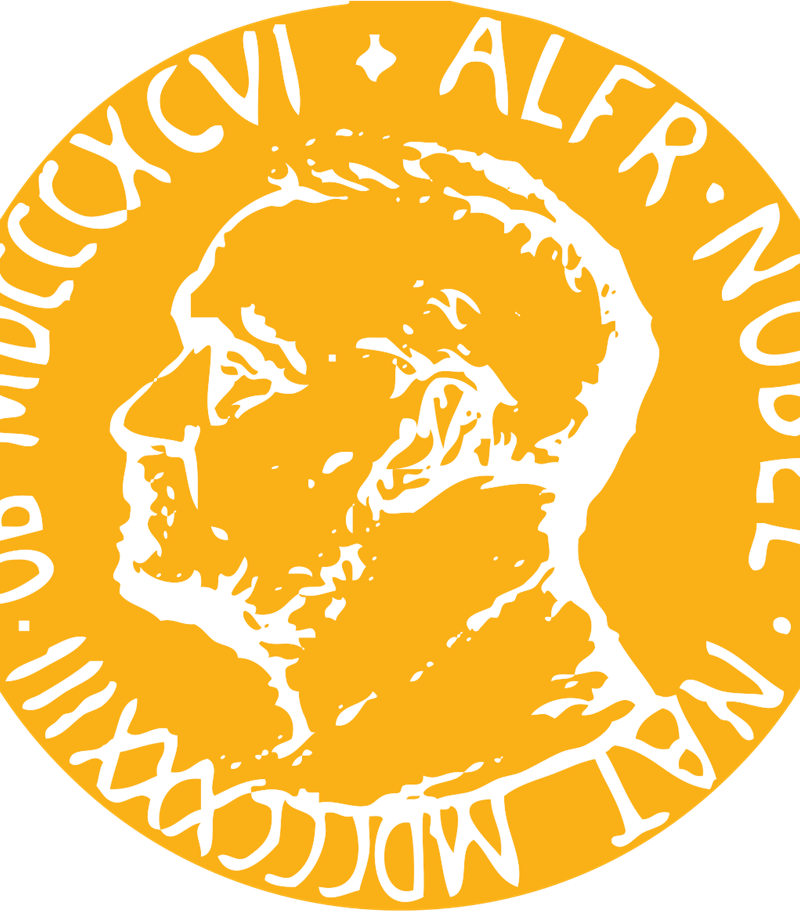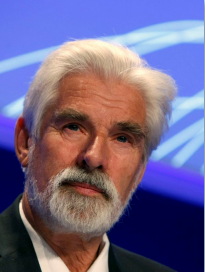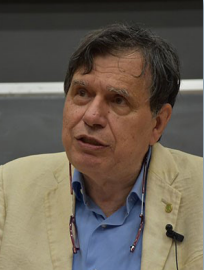
-
Share on
Researchers from SE MOs awarded Nobel Prize
The Nobel Prizes were announced between 4 and 11 October this year, honouring the greatest achievements in medicine, physics, chemistry, literature, peace, and economic sciences.
We are pleased to see scientists from Science Europe Member Organizations among the Nobel laureates for 2021.
The Nobel Prize in Physiology or Medicine was awarded jointly to David Julius and Ardem Patapoutian “for their discoveries of receptors for temperature and touch.” The two made groundbreaking discoveries that launched intense research activities resulting in a rapid improvement in our understanding of how our nervous systems perceive heat, cold, and mechanical stimuli.
The Nobel Prize in Physics was awarded with one half jointly to Syukuro Manabe, Klaus Hasselmann for their fundamental contributions to climate research, laying the foundation of our knowledge of the Earth’s climate and how humanity influences it, and the other half to Giorgio Parisi for his research on disordered materials and random processes.
The Nobel Prize in Chemistry was awarded to Benjamin List and David W.C. MacMillan for their work on asymmetric catalysis. They have established for the first time that small organic molecules are suitable as mediators of chemical reactions. Their work has aided pharmaceutical research and reduced the environmental impact of chemistry.
The Nobel Prize in Literature was awarded to Abdulrazak Gurnah for “his uncompromising and compassionate penetration of the effects of colonialism and the fate of the refugee in the gulf between cultures and continents.”
The Noble Peace Prize was awarded to the journalists Maria Ressa and Dmitri A. Muratov for their efforts to protect freedom of expression in the Philippines and Russia, which is recognised by the Nobel Committee as a precondition for democracy and lasting peace.
The Nobel Memorial Prize in Economic Sciences was awarded to David Card, Joshua D. Angrist, and Guido W. Imbens. Mr. Card has made a career of studying unintended experiments to examine economic questions such as whether raising the minimum wage causes people to lose jobs, while Mr. Angrist and Mr. Imbens have developed research tools that allow economists to test big theories using real-life situations such as how additional education affects income.

















